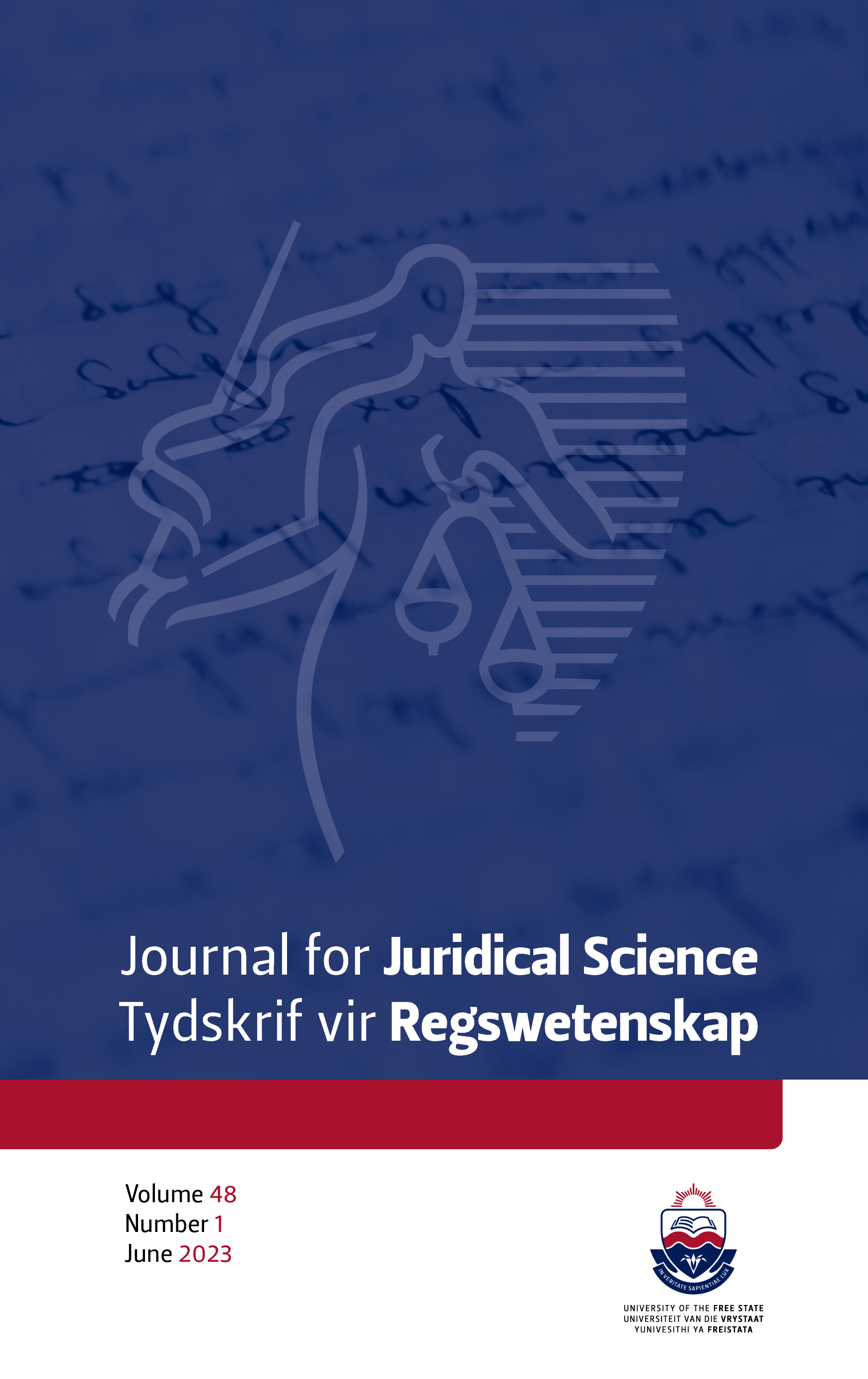The role of expert evidence in civil litigation: a critical analysis (Part 1)
DOI:
https://doi.org/10.38140/jjs.v48i1.7123Abstract
Section 34 of the Constitution of the Republic of South Africa provides that everyone has the right to have any dispute that can be resolved by the application of law decided in a fair public hearing before a court or, where appropriate, another independent and impartial tribunal or forum. A number of foundational principles that underlie the South African law of civil procedure had been afforded express recognition by this section. One of these principles entail that the duration and costs of civil litigation should be reasonable. In the past decade, or so, there have been several initiatives to give effect to this ideal of civil justice for all. Despite this, there are still several impediments in the South African law that causes civil trials too be exorbitant and time-consuming. One of these impediments relate to the presentation of expert evidence testimony. Part one of this article will critically discuss the historical development of Uniform Court Rule 36(9), its recent amendments and the critique raised against the procedure. In part two the position in relation to the presentation of expert witness evidence in England and Wales, and Australia, as well as its possible contribution to the South African law will be discussed. It will be argued that the current procedure relating to the presentation of expert evidence in South Africa still has certain shortcomings and that the Rules Board will have to intervene to ensure that the procedure enhances access to justice in civil matters.
Downloads
##submission.downloads##
Published
Issue
Section
License
Copyright (c) 2024 Thino Bekker

This work is licensed under a Creative Commons Attribution 4.0 International License.




